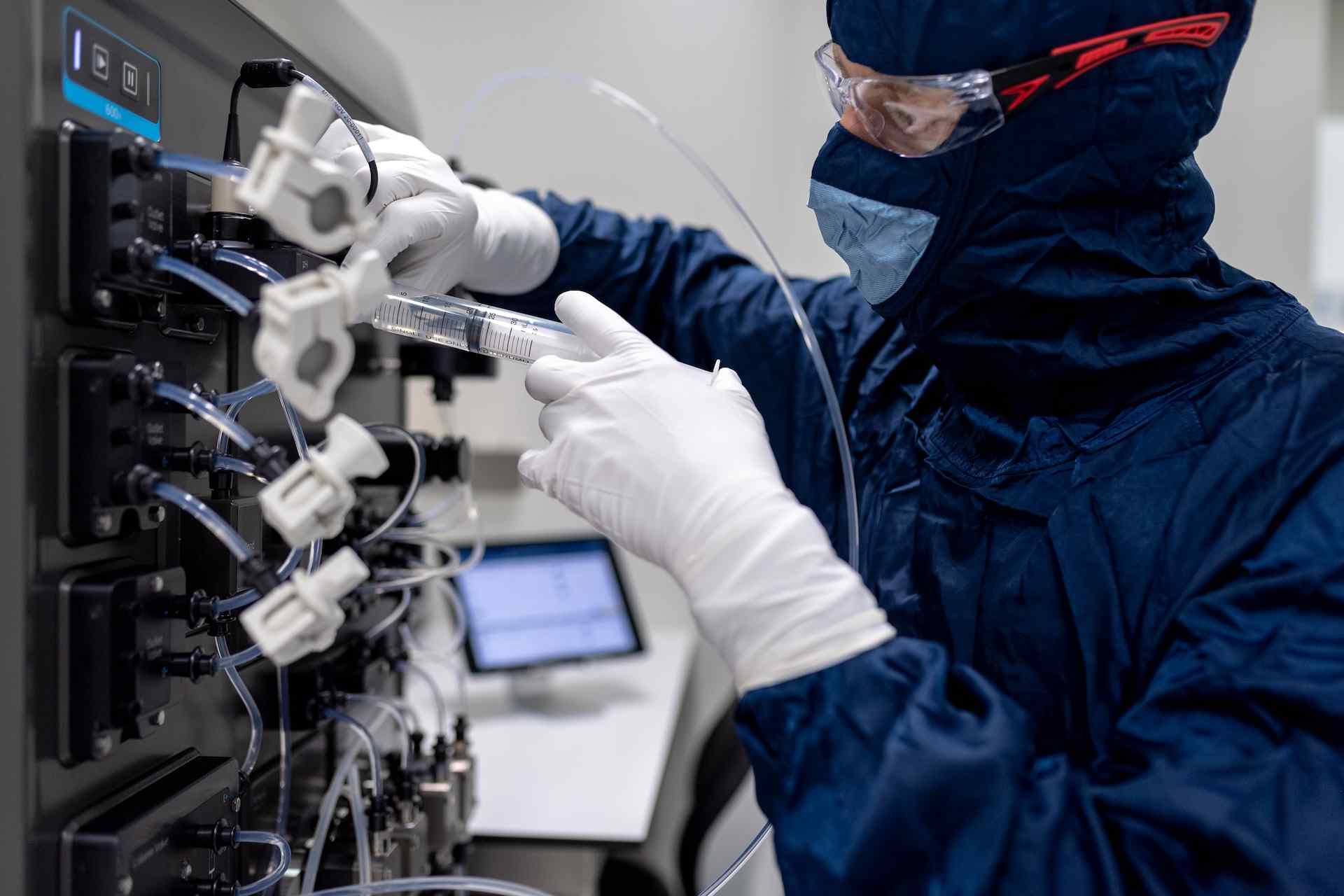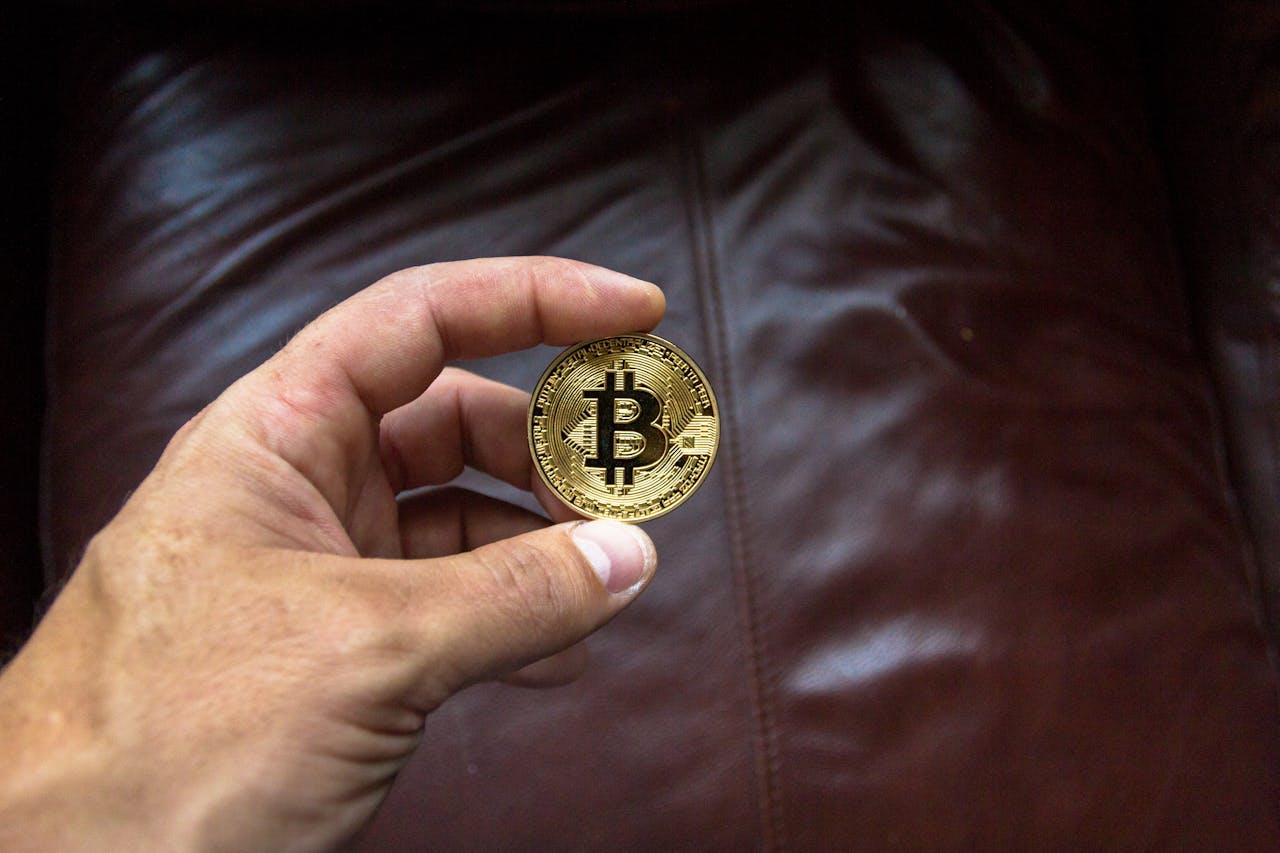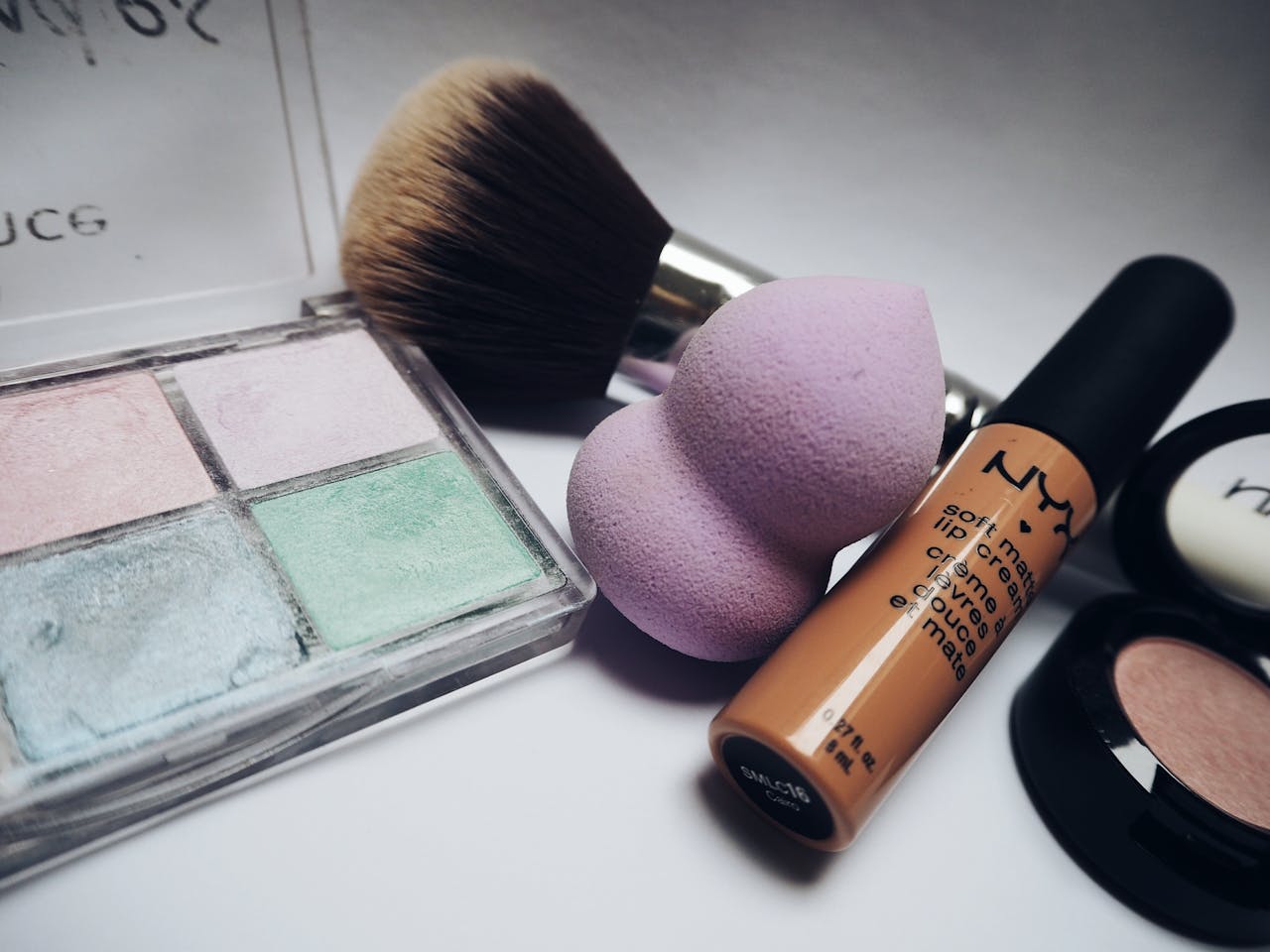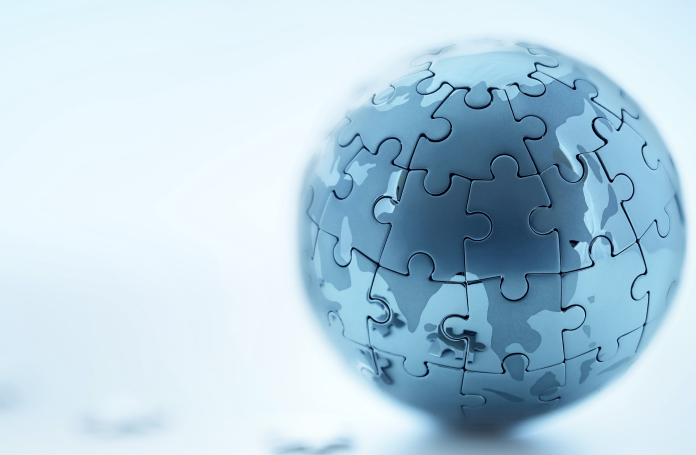

Malaysia's pharmaceutical industry is expected to grow by 4 to 6 percent at the end of 2021. The increasing number is due to the rising pharmaceutical use for COVID-19 treatment and vaccine inoculation, benefitting massively for vaccine manufacturers such as Pfizer, AstraZeneca, and Johnson & Johnson. Pfizer informed a record of USD 26 billion global revenue this year.
Regardless of the COVID-19's presence, Malaysia is already home to an actively changing pharmaceutical landscape. With robust research and developments and the manufacturing of drugs innovations, the country has received numerous investments to drive the pharmaceutical industry forward. Moreover, the Malaysian government highly supports the domestic pharmaceutical market growth through innovative regulatory frameworks regulated by the National Pharmaceutical Regulatory Agency (NPRA) under the umbrella of the Ministry of Health Malaysia.
The nation's pharmaceutical market share comprises two top categories, local pharmaceutical companies, and research-based multinational enterprises. The two differ significantly on their core businesses: the local pharmaceutical companies dedicate their focus on traditional medicines, vitamins, supplements, and over-the-counter (OTC) drugs manufacturing. In contrast, research-based multinational enterprises are responsible for access to international standards drugs with proven efficacy and quality that require extensive research and development.

Product-wise, the Malaysian pharmaceutical industry is divided into two types: ethical and self-care products. Ethical products consist of vaccines, innovative medicines, and generic drugs, while self-care products include OTC medicines, supplements, and personal care goods. The two categories have recently experienced a surge in demand stemming from urbanization-induced medical conditions alongside the prevalence of COVID-19. The increasing health literacy and disposable income also allowed Malaysian citizens to consume more self-care products, eventually leading to companies providing a wide array of products.
Today, Malaysian domestic pharmaceutical companies enjoy buoyant investments to charge the industry's growth. Pharmaniaga, for example, has recorded a 127 percent increase in gross merchandise value since given a mandate from the country's government to take part in vaccine distribution in July 2020. The company operates under license from Sinovac for its technology and production know-how. The technology transfer done by Sinovac and Pharmaniaga would benefit both parties and the overall pharmaceutical industry to catch up with relevant standards and increase production efficiency.
The joint venture would bring Pharmaniaga's earnings to around RM 25.5 million at the end of 2021, positioning the company to become the leading pharmaceutical enterprise in the country.
Duopharma Biotech Bhd, a Malaysian pharmaceutical distributor, also jumpstart its topline core activities by identifying a similar project. The company is in talks with a Russian-based vaccine producer to massively manufacture the COVID-19 vaccine in Malaysia, planning to provide over 60 million doses per year after the deal establishment. Based on the deal timeline, Duopharma sets the plan to launch its vaccine production to start in the third quarter of 2021.
The venture of Duopharma and Pharmaniaga shows the start of Malaysia's pharmaceutical industry to enter the global landscape, poising other players to follow the trailblazing path of domestic manufacturing by benchmarking from the globally proven models existing in the market.

The Latest Developments in Cryptocurrency Adoption in SEA
The cryptocurrency market in Southeast Asia (SEA) has seen exponential growth in recent years. The revenue of cryptocurrency in the region was around USD 1,384 million in 2023 and is expected to grow by USD 1 million in the next four years. Countries like Indonesia, Singapore, and the Philippines are at the forefront of this digital revolution. The region's young, tech-savvy population, coupled with increasing internet penetration, has created a fertile ground for the adoption of cryptocurrencies. Currently, the crypto market in SEA is valued at several billion dollars, with projections indicating continued growth.

An Overview of the Halal Cosmetics Market in Malaysia
The halal cosmetics market in Malaysia has been experiencing significant growth. It is driven by a combination of increasing consumer awareness, government support, and the rising demand for halal-certified products among both Muslim and non-Muslim consumers.

How Digital Marketing is Transforming the Automotive Lubricants Market in Southeast Asia
In recent years, digital marketing has emerged as a transformative force in the Southeast Asian (SEA) automotive lubricants market. The region's rapidly growing internet penetration and increasing smartphone usage have created fertile ground for innovative digital strategies. This evolution is reshaping how companies engage with customers and streamline their operations, offering numerous opportunities for growth and efficiency.

Exploring New Business Models for a Sustainable Future
Transitioning towards new sustainability business models can help companies drive positive change and contribute to a more sustainable future.